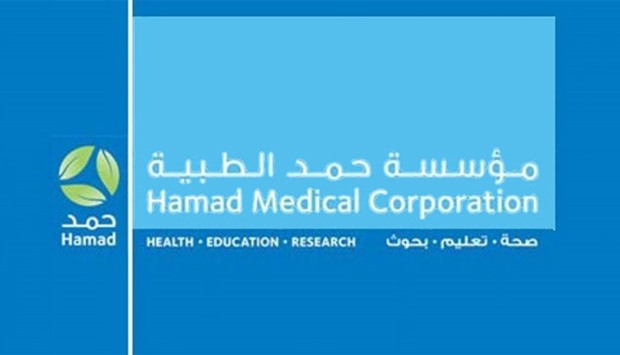Hamad Medical Corporation (HMC) is reminding patients who take daily medication and plan to fast to consult their physician before changing timing and dosage, as Ramadan begins in a few days.
During Ramadan, all adult Muslims who fast, are required to refrain from taking any food, liquids or oral drugs between dawn and sunset.
However, those with chronic medical conditions such as diabetes, hypertension, heart and kidney diseases, as well as conditions like epilepsy, require daily medication to effectively manage their condition and prevent complications. If these individuals wish to fast, they are advised to consult their physician or pharmacist before making changes to their medication routine. According to Dr Moza Sulaiman al-Hail, executive director of pharmacy at HMC, several studies have shown that patients often change the intake time and dosage of their medication without first seeking medical advice.
“This behaviour could alter the pharmacological properties of a drug and impact the effectiveness of the medication and the patient’s tolerance of the drug.” She went on to explain that unsupervised changes to medication timings can render a medicine useless and also cause serious health complications.
During Ramadan, most patients who require daily medications are able to work with their healthcare team to safely make adjustments so that medicines can be taken between sunset and dawn.
However, Dr al-Hail urges patients to get medical advice before making any changes.
Dr al-Hail added: “Your doctor and pharmacist can be really helpful in these circumstances. They can help you manage dose adjustments, such as switching to a once a day regimen, which works well for most antibiotics, or to a sustained release formula for certain antihypertensive medications,” she noted.
Dr al-Hail went on to urge all patients who are ill to be vigilant during Ramadan.
“If sick patients do fast, they should do so under the medical supervision of their doctor, pharmacist, or another health professional familiar with their condition and medical history,” she said.
She also cautioned the public to avoid excessive use of non-prescription pain medications and antacid drugs, particularly without first consulting a medical professional. Most religious scholars and healthcare practitioners agree that the following administration routes do not nullify fasting: Eye and ear drops; all substances absorbed into the body through the skin, such as creams, ointments, and medicated plasters; injections through the skin, muscle, joints, or veins, with the exception of intravenous feeding; oxygen and anaesthetic gasses; nitroglycerin tablets placed under the tongue for the treatment of angina and mouthwashes or oral sprays provided nothing swallowed enters the stomach.

